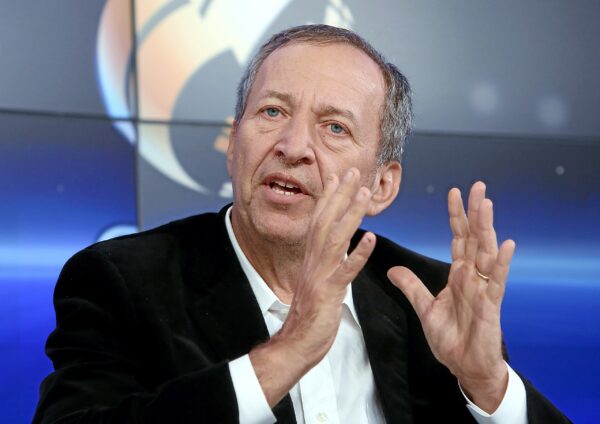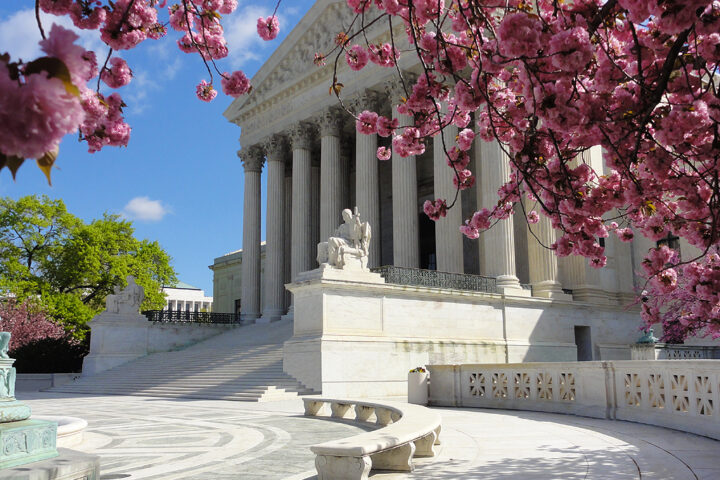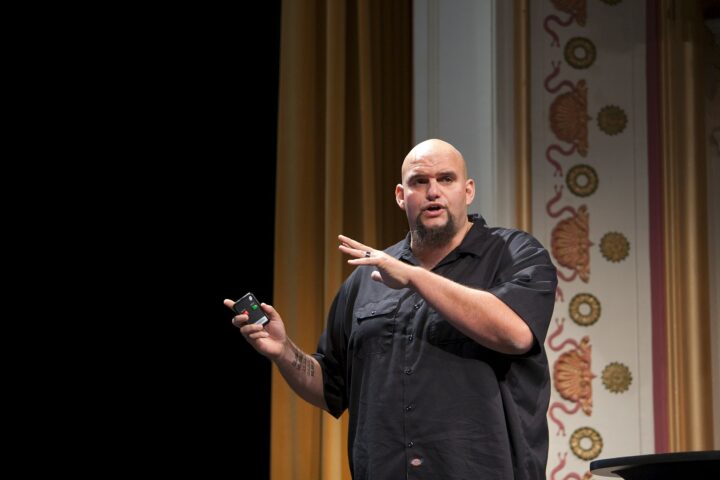Larry Summers, the former president of Harvard University, announced Monday that he will step back from public commitments as part of an effort “to rebuild trust and repair relationships with the people closest to me,” according to The Harvard Crimson. The announcement follows the release of seven years’ worth of correspondence between Summers and the disgraced financier Jeffrey Epstein by the House Committee on Oversight and Government Reform.
The documents reveal that Summers and Epstein continued exchanging messages as late as July 5, 2019, one day before Epstein’s arrest on new sex-trafficking charges. In the hundreds of messages disclosed, Summers appeared to place considerable trust in Epstein, even confiding in him about his pursuit of a romantic relationship with a woman he described as a mentee.
Among the released messages was a note from November 2018 in which Epstein described himself as Summers’ “wing man,” advising Summers on the relationship over several months. In a statement to The Crimson, Summers acknowledged the inappropriateness of his actions. “I am deeply ashamed of my actions and recognize the pain they have caused,” he said. He added, “I take full responsibility for my misguided decision to continue communicating with Mr. Epstein.”
Summers holds multiple roles in public and professional life. He is a senior fellow at the think tank Center for American Progress, a paid columnist for Bloomberg News, and a board member at OpenAI. He also retains his position as a University Professor at Harvard and serves as director of the Mossavar‑Rahmani Center for Business and Government at the Harvard Kennedy School, which he will continue to oversee, according to a spokesman.
In his statement, Summers said that while he will continue to fulfill his teaching responsibilities, he will step back from public commitments as part of a broader effort to repair relationships and restore trust. The announcement comes amid scrutiny of his ties to Epstein, a relationship that has drawn criticism given the financier’s criminal history and the sensitive nature of the communications.
The released correspondence highlights the extent of Summers’ interactions with Epstein and the unusual degree of personal confidence he placed in the convicted sex offender. While Summers has long been a prominent figure in academia and public policy, the documents illustrate how his judgment and decision-making came under significant fire in light of the ongoing Epstein investigations.
The development adds to the growing list of individuals whose connections to Epstein are being closely scrutinized in the wake of released documents, and it underscores the challenges faced by public figures in navigating associations with a convicted sex offender. Summers’ acknowledgment of missteps and his effort to take responsibility may be viewed as an attempt to mitigate reputational damage from his close association with Epstein while continuing his academic and professional work.
[READ MORE: House Democrats Splinter Over Resolution Condemning García’s Retirement Maneuver]







